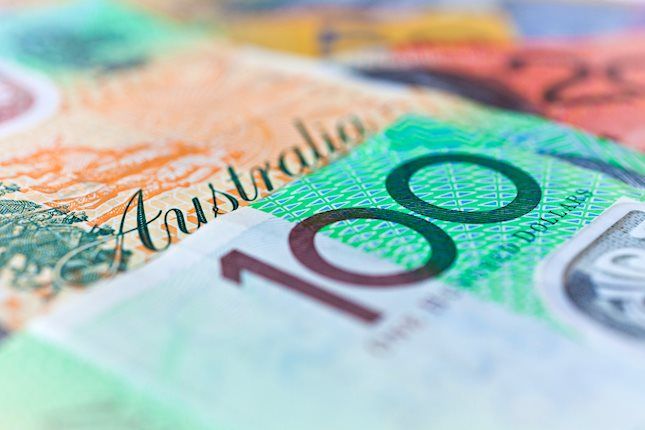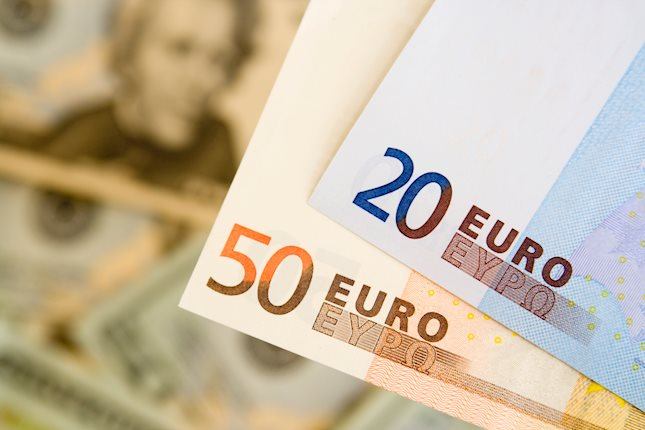Tough, currency manipulation penalties contained within the draft of the Trans-Pacific Partnership (TPP) may sound the death knell of the trade pacts approval by the Obama Administration. In recent days, the US administration has made it clear that any agreement that includes language concerning penalties for currency manipulation would be vetoed immediately.
The main argument for the exclusion of any form of penalty or provision for currency manipulators stems from the view that it would interfere with the Federal Reserve’s ability to implement monetary policy. The sticking point seems to be that the administration views the ability to engineer a currency depreciation or devaluation as being a power that should be reserved for states dealing with economic downturns.
However, many within congress support the penalty provisions and see them as the way forward to a level playing field for Pacific trade. The ranking member of the House Committee on Trade, Representative Levin of Michigan, is a significant proponent of stronger currency protections. Subsequently, Levin has strongly suggested that any move to oppose currency manipulation provisions is simply a false argument.
Although there is scant data on the included provisions within the TPP, it seems to be intellectually dishonest to suggest that introducing currency manipulation provisions would impede monetary policy implementation. The agreed definition of “Currency Manipulator” status is likely to have a high burden of proof. Subsequently it could be argued that the majority of loose monetary policy that a central bank may undertake would be unlikely to be caught within that net.
The real reason that the currency provisions are an essential component of the trade agreement is simple. It stops the race to the bottom. In recent years, countries under pressure have realised that it is much easier to depreciate their currencies to secure their export markets then it is to invest in productivity gains to obtain a competitive advantage.
The net effect of a trade agreement, without provisions dealing with currency manipulation, is one of a toothless tiger with no bite. At the first hint of increased competition within critical domestic industries, some participants will seek a currency depreciation to alter the demand and competitiveness of their exports.
Any review of potential currency manipulation would likely be handled by the World Trade Organisation (WTO) in a manner similar to current provisions. So it is difficult to reconcile how enshrining these provisions within the key trade agreement is likely to impede domestic monetary policy. However, the argument has been made that, as there are currently no case precedents for WTO decisions to rely upon, that any outcome of a complaint would be unpredictable. Surely this aspect is an argument in favour of a tighter framework for dealing with currency manipulators, rather than removing the provisions completely?
Ultimately, the Obama administration is hell-bent on protecting the perceived sovereignty of the Federal Reserve over monetary policy. Subsequently, any move to include the penalty provisions could be a poison pill within negotiations. However, the alternative is unthinkable…an agreement without any form of enforceability that is open to abuse.
Risk Warning: Any form of trading or investment carries a high level of risk to your capital and you should only trade with money you can afford to lose. The information and strategies contained herein may not be suitable for all investors, so please ensure that you fully understand the risks involved and you are advised to seek independent advice from a registered financial advisor. The advice on this website is general in nature and does not take into account your objectives, financial situation or needs. You should consider whether the advice is suitable for you and your personal circumstances. The information in this article is not intended for residents of New Zealand and use by any person in any country or jurisdiction where such distribution or use would be contrary to local law or regulation. Knight Review is not a registered financial advisor and in no way intends to provide specific advice to you in any form whatsoever and provide no financial products or services for sale. As always, please take the time to consult with a registered financial advisor in your jurisdiction for a consideration of your specific circumstances.
Recommended Content
Editors’ Picks

AUD/USD: The hunt for the 0.7000 hurdle
AUD/USD quickly left behind Wednesday’s strong pullback and rose markedly past the 0.6900 barrier on Thursday, boosted by news of fresh stimulus in China as well as renewed weakness in the US Dollar.

EUR/USD refocuses its attention to 1.1200 and above
Rising appetite for the risk-associated assets, the offered stance in the Greenback and Chinese stimulus all contributed to the resurgence of the upside momentum in EUR/USD, which managed to retest the 1.1190 zone on Thursday.

Gold holding at higher ground at around $2,670
Gold breaks to new high of $2,673 on Thursday. Falling interest rates globally, intensifying geopolitical conflicts and heightened Fed easing bets are the main factors.

Bitcoin displays bullish signals amid supportive macroeconomic developments and growing institutional demand
Bitcoin (BTC) trades slightly up, around $64,000 on Thursday, following a rejection from the upper consolidation level of $64,700 the previous day. BTC’s price has been consolidating between $62,000 and $64,700 for the past week.

RBA widely expected to keep key interest rate unchanged amid persisting price pressures
The Reserve Bank of Australia is likely to continue bucking the trend adopted by major central banks of the dovish policy pivot, opting to maintain the policy for the seventh consecutive meeting on Tuesday.

Five best Forex brokers in 2024
VERIFIED Choosing the best Forex broker in 2024 requires careful consideration of certain essential factors. With the wide array of options available, it is crucial to find a broker that aligns with your trading style, experience level, and financial goals.